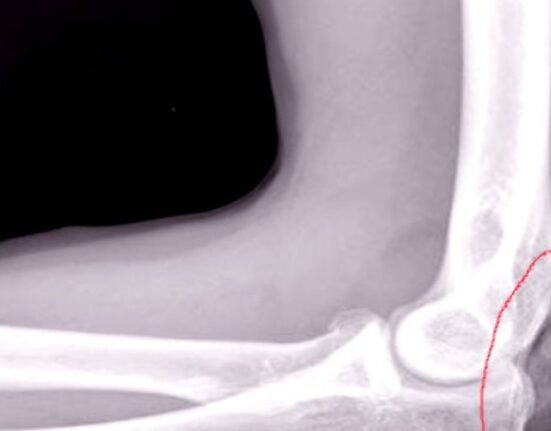HQ Team
January 3, 2023: Voyager Therapeutics, Inc., will receive an upfront payment of $100 million from Switzerland-based Novartis AG to develop gene therapies for two genetic disorders.
According to the license agreement for gene therapy delivery vehicles, to treat Huntington’s disease, and spinal muscular atrophy, Novartis will pay up to $1.2 billion in preclinical, development, regulatory and sales milestones.
Novartis will also pay tiered royalties on global net sales of products, according to a Voyager statement.
Voyager will provide Novartis with a target-exclusive license to access Voyager’s capsids and other intellectual property for the two diseases, and the companies will collaborate to advance a preclinical gene therapy candidate for Huntington’s.
Shell of a virus
A capsid is the protein shell of a virus, enclosing its genetic material. Voyager’s capsid discovery platform is an RNA-based screening platform.
Voyager will be responsible for preclinical advancement and Novartis will be responsible for all clinical development and commercialisation for the Huntington’s disease program.
“The consideration Voyager will receive from this collaboration will strengthen our balance sheet and extend our runway into mid-2026,” said Alfred W. Sandrock, Jr., MD, PhD, Chief Executive Officer of Voyager.
Huntington’s disease is an inherited disorder that causes nerve cells in parts of the brain to gradually break down and die. The disease attacks areas of the brain that help to control voluntary movement, as well as other areas.
People living with the disease develop uncontrollable dance-like movements and abnormal body postures, as well as problems with behaviour, emotion, thinking, and personality.
Parkinson’s disease
Fiona Marshall, President of Biomedical Research at Novartis said: “We believe Voyager’s Tracer capsids hold promise for enabling next-generation gene therapies for diseases of the central nervous system, aligning well with our deep neuroscience expertise and gene therapy leadership at Novartis.”
Novartis had previously exercised options to license novel capsids generated from Voyager’s Tracer capsid discovery platform for use in gene therapy programs against two undisclosed neurological disease targets.
Voyager’s pipeline includes programs for Alzheimer’s disease, amyotrophic lateral sclerosis, Parkinson’s disease, and other central nervous system diseases.
Some of Voyager’s programs are wholly owned, and some are progressing with partners including Alexion, AstraZeneca Rare Disease, Neurocrine Biosciences, Inc. and Sangamo Therapeutics, Inc.
Spinal muscular atrophy is a disorder affecting the motor neurons—nerve cells that control voluntary muscle movement.
These cells are located in the spinal cord. Because the muscles cannot respond to signals from the nerves, they atrophy — weaken and shrink — from inactivity.







